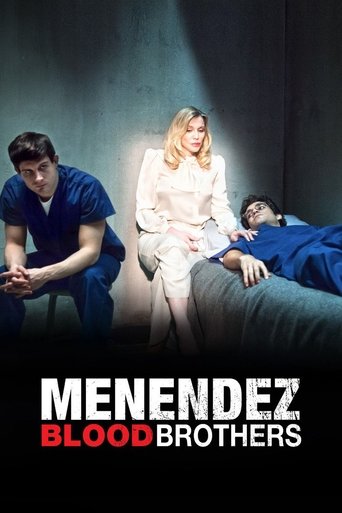
11 Jun 2017

Menendez: Blood Brothers
Lyle and Eric Menendez were nice, educated boys from Beverly Hills, which makes the murder of their parents even more inexplicable. Never-before-seen details emerge in this investigation into their lives.

Vienna, Austria, 1910. The young painter Egon Schiele is a rising artist, provocative and free, whose work, characterized by eroticism, shocks as much as it fascinates art lovers.

Egon Schiele

Gerti Schiele

Wally Neuziel

Moa Mandu

Edith Harms

Adele Harms

Anton Peschka

Dom Osen

Variety Show Director
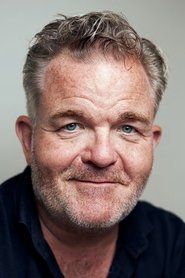
Gustav Klimt
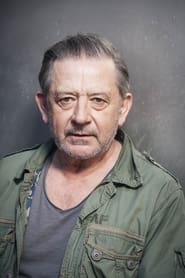
St. Pölten Judge
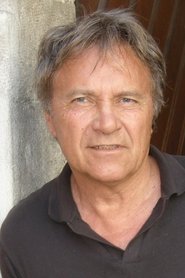
Attorney
Tatjana von Mossig

Schiele's Mother

Schiele's Father
Gertis' Daughter
Gertis' Son
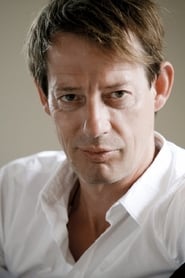
Arthur Roessler

Carl Reininghaus
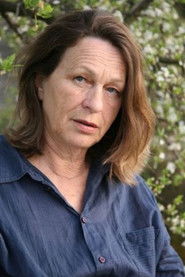
Harms Sisters' Mother

11 Jun 2017

Lyle and Eric Menendez were nice, educated boys from Beverly Hills, which makes the murder of their parents even more inexplicable. Never-before-seen details emerge in this investigation into their lives.

09 Aug 1996

The brief life of Jean Michel Basquiat, a world renowned New York street artist struggling with fame, drugs and his identity.

18 Dec 1997

101-year-old Rose DeWitt Bukater tells the story of her life aboard the Titanic, 84 years later. A young Rose boards the ship with her mother and fiancé. Meanwhile, Jack Dawson and Fabrizio De Rossi win third-class tickets aboard the ship. Rose tells the whole story from Titanic's departure through to its death—on its first and last voyage—on April 15, 1912.
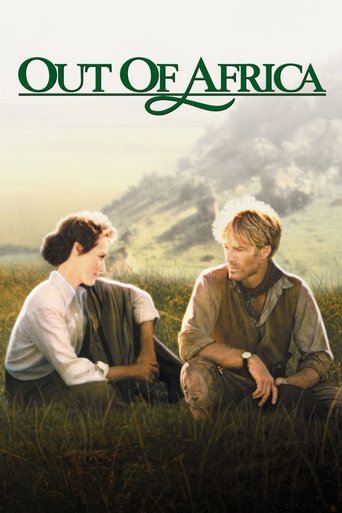
20 Dec 1985

Tells the life story of Danish author Karen Blixen, who at the beginning of the 20th century moved to Africa to build a new life for herself. The film is based on her 1937 autobiographical novel.

10 Apr 1955

In the Salinas Valley in and around World War I, Cal Trask feels he must compete against overwhelming odds with his brother for the love of their father. Cal is frustrated at every turn, from his reaction to the war, how to get ahead in business and in life, and how to relate to his estranged mother.
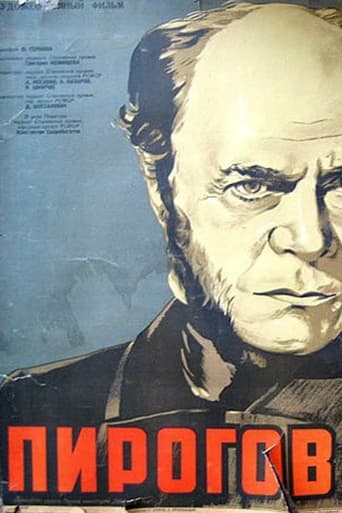
16 Dec 1947

A biopic based on the life of Russian scientist and doctor Nikolai Ivanovich Pirogov (1810-1881), famous for being the founder of field surgery.
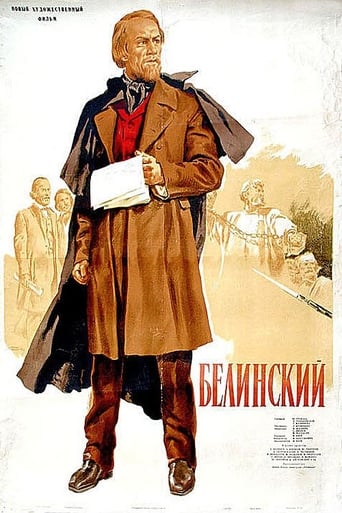
04 Jun 1953

A biopic based on the life of Russian literary critic Vissarion Belinsky (1811–1848). The production of the film was completed in 1951, but it was not released until 1953, following the reshooting of various scenes demanded by Stalin.

22 Dec 1999

The story of the life and career of eccentric avant-garde comedian, Andy Kaufman.

18 Nov 1992

A tribute to the controversial black activist and leader of the struggle for black liberation. He hit bottom during his imprisonment in the '50s, he became a Black Muslim and then a leader in the Nation of Islam. His assassination in 1965 left a legacy of self-determination and racial pride.
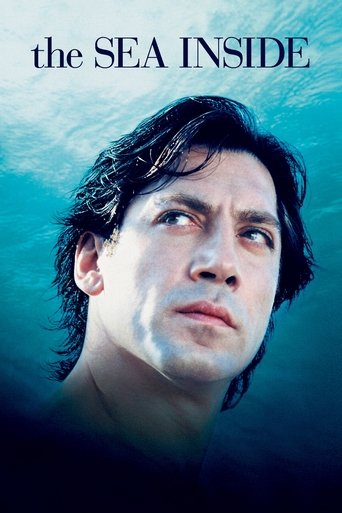
03 Sep 2004

Ramón Sampedro is a ship mechanic and part-time poet left a quadriplegic following a diving accident. Ramón fought for 30 years for the legal right to end his own life. He develops close relationships with his long-term lawyer Julia and his friend Rosa, who tries to convince him that his life is worth living. Despite his situation, Ramón manages to inspire those around him to live life to the fullest.
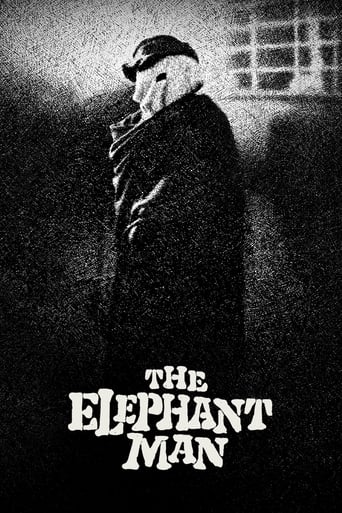
09 Oct 1980

A Victorian surgeon rescues a heavily disfigured man being mistreated by his "owner" as a side-show freak. Behind his monstrous façade, there is revealed a person of great intelligence and sensitivity. Based on the true story of Joseph Merrick (called John Merrick in the film), a severely deformed man in 19th century London.
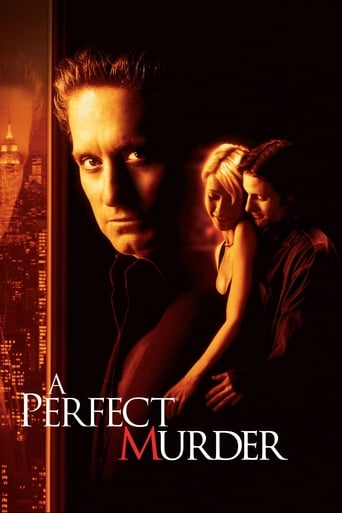
05 Jun 1998

Millionaire industrialist Steven Taylor is a man who has everything but what he craves most: the love and fidelity of his wife. A hugely successful player in the New York financial world, he considers her to be his most treasured acquisition. But she needs more than simply the role of dazzling accessory.
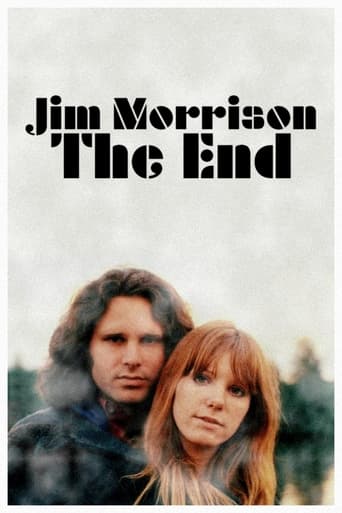
02 Jul 2021

Paris, Rue Beautreillis, July 3, 1971. The corpse of rock star Jim Morrison is found in a bathtub, in the apartment of his girlfriend Pamela Courson. The chronicle of the last months of the life of the poet, singer and charismatic leader of the American band The Doors, one of the most influential in the history of rock.
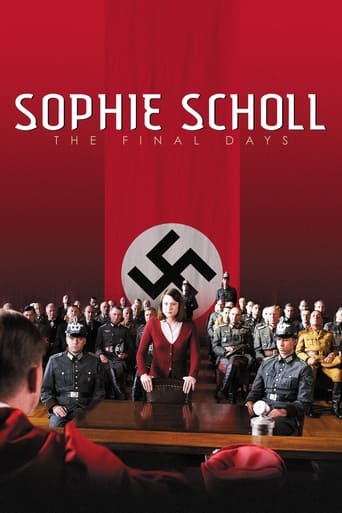
13 Feb 2005

In 1943, as Hitler continues to wage war across Europe, a group of college students mount an underground resistance movement in Munich. Dedicated expressly to the downfall of the monolithic Third Reich war machine, they call themselves the White Rose. One of its few female members, Sophie Scholl is captured during a dangerous mission to distribute pamphlets on campus with her brother Hans. Unwavering in her convictions and loyalty to the White Rose, her cross-examination by the Gestapo quickly escalates into a searing test of wills as Scholl delivers a passionate call to freedom and personal responsibility.
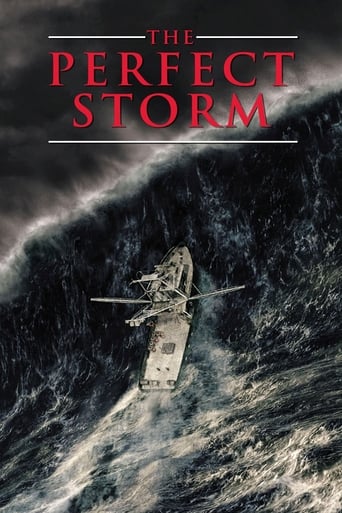
29 Jun 2000

In October 1991, a confluence of weather conditions combined to form a killer storm in the North Atlantic. Caught in the storm was the sword-fishing boat Andrea Gail.

04 Aug 2001

The man behind the legend and a knowing look at 1950s Hollywood are revealed in this dynamic biopic of the meteoric star whose troubled life echoed his gut-grabbing performances in East of Eden, Rebel Without a Cause and Giant.
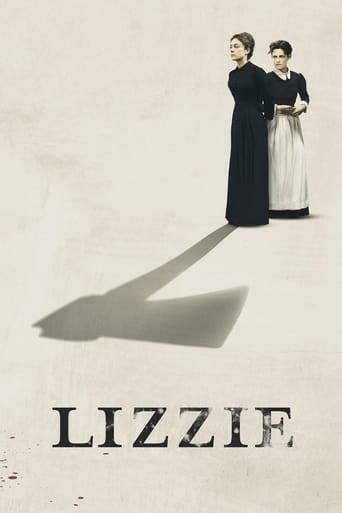
14 Sep 2018

Massachusetts, 1892. An unmarried woman of 32 and a social outcast, Lizzie lives a claustrophobic life under her father's cold and domineering control. When Bridget Sullivan, a young maid, comes to work for the family, Lizzie finds a sympathetic, kindred spirit, and a secret intimacy soon blossoms into a wicked plan.

25 Dec 1997

Comedian Harmonists tells the story of a famous, German male sextet, five vocals and piano, the "Comedian Harmonists", from the day they meet first in 1927 to the day in 1934, when they become banned by the upcoming Nazis, because three of them are Jewish.

08 Feb 1966

Mexican actress Lupe Vélez's final hours as she overdoses on Seconal.
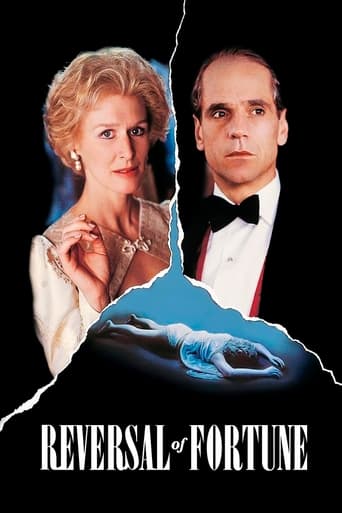
19 Oct 1990

Wealthy Sunny von Bülow lies brain-dead, husband Claus guilty of attempted murder; but he says he's innocent and hires Alan Dershowitz for his appeal.